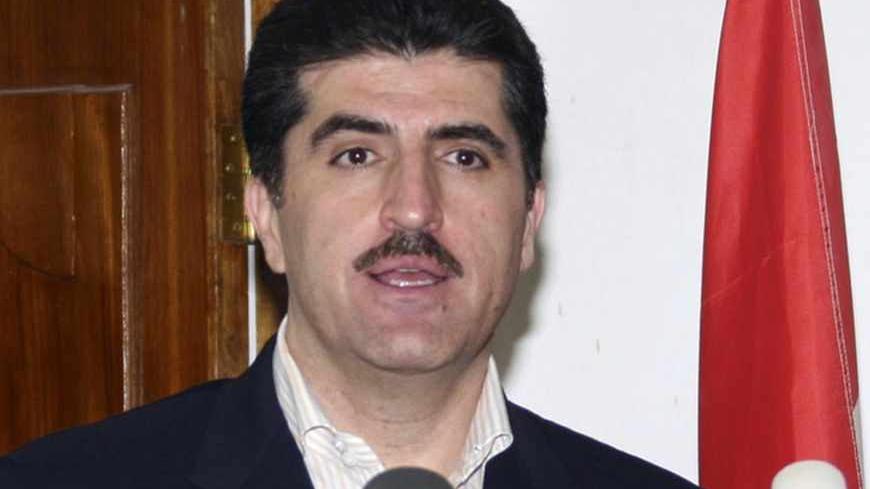Since Prime Minister of the Iraqi Kurdistan Region Nechirvan Barzani’s visit to Baghdad on April 29, 2013, there has been talk of the agreement signed between Barzani and Iraqi Prime Minister Nouri al-Maliki, considered to be a “bilateral agreement” that reproduces the “Shiite-Kurdish alliance” theory for the leadership of Iraq.
The seven articles of the agreement, revealed by the Kurdistan Regional Government a few days following the visit, but which were not yet clearly referred to by the Iraqi government until now, reflect an approach that is completely different from the reproduction of the Shiite-Kurd alliance.



